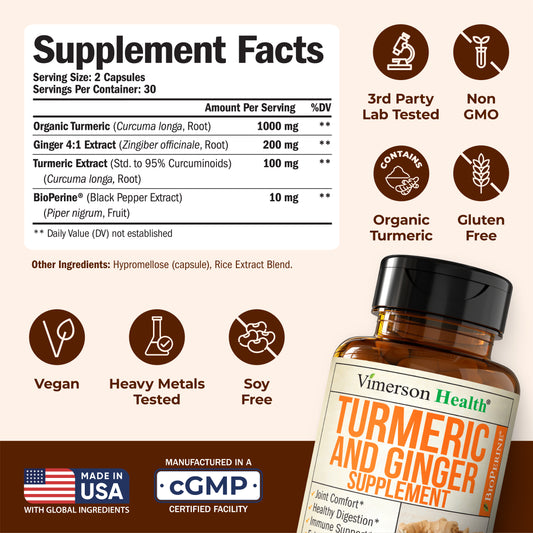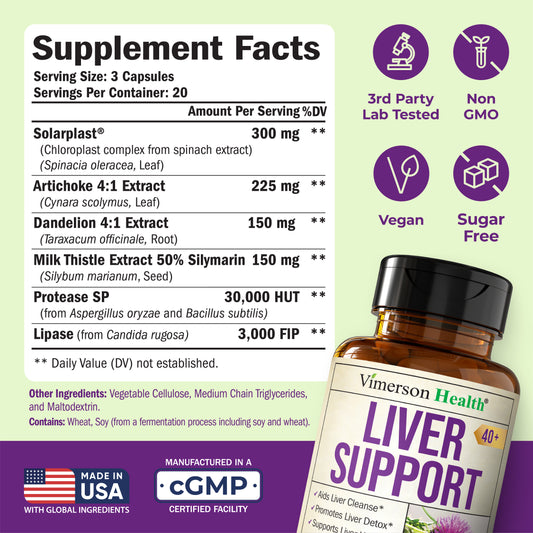BACTERIA MICROBIOME: A SYMBIOTIC RELATIONSHIP
The bacteria in the microbiome engage in a symbiotic relationship with the human body. They aid in digestion, produce essential vitamins, and protect against harmful pathogens. A diverse and balanced bacterial microbiome is essential for optimal health, influencing everything from immune function to mental well-being.

BACTERIA OF THE GUT: ESSENTIAL FOR DIGESTION
Gut bacteria play a vital role in breaking down complex carbohydrates and fibers, aiding in the digestion process. They also help synthesize vitamins such as vitamin K and B vitamins, essential for various bodily functions. Maintaining a healthy balance of these bacteria is crucial for effective digestion and nutrient absorption.
EXPLORING THE GUT, MICROBIOTA, AND MICROBIOME
BALANCING MICROBIOME FOR OPTIMAL HEALTH
A balanced gut microbiome is key to maintaining overall health. Factors like diet, lifestyle, and environmental exposures influence its composition. Diets rich in fiber, prebiotics, and probiotics promote beneficial bacteria, while processed foods can disrupt this balance. Regular exercise and stress management also contribute to a healthy microbiome.

GOOD GUT BACTERIA LIST: PROBIOTICS FOR HEALTH
Good gut bacteria include Lactobacillus, Bifidobacterium, and Streptococcus species, among others. These probiotics are known for their beneficial effects on gut health, including aiding digestion, synthesizing vitamins, and protecting against pathogens. Consuming foods rich in probiotics or taking supplements can help maintain a healthy gut microbiome.*
HEALTHY GUT FLORA
ANTIBIOTICS AND THE GUT MICROBIOME
The use of antibiotics can significantly alter the gut microbiome. While effective against bacterial infections, antibiotics can indiscriminately kill beneficial gut bacteria, leading to dysbiosis or an imbalance in the microbiome. This disruption can have short and long-term effects on health, including increased susceptibility to infections and changes in metabolism.

GUT AND MICROBIOME: INTERCONNECTED FOR HEALTH
The gut and its microbiome are interconnected, working together to maintain health. The gut provides a habitat for the microbiome, while the microbiome influences gut health and function. This interaction is essential for digestion, immune regulation, and even mental health through the gut-brain axis.
BEST SUPPLEMENT FOR A HEALTHY MICROBIOTA🥇

Vimerson Health
Probiotics for Women & Men with Prebiotics - 40 Billion CFU Probiotics for Digestive Health, Gut Health & Immune Support Supplement - Lactobacillus Acidophilus Probiotic - Vegetarian, Soy & Dairy Free









* These statements have not been evaluated by the Food and Drug Administration. This product is not intended to diagnose, treat, cure, or prevent any disease.






























